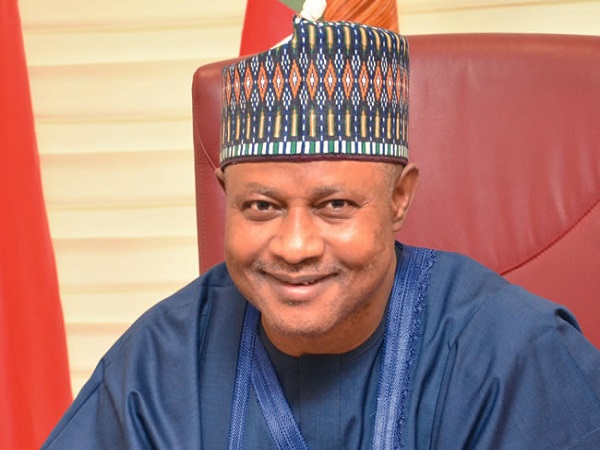The Non-Indigenes Association of Kaduna State, has commended Governor Uba Sani for what they called his exemplary leadership, inclusive governance style, and an unwavering commitment to the protection of lives and property in the state.
The association in a statement praised the governor’s pro-poor policies, and infrastructural development that spans both urban and rural areas.
The statement which was issued on Thursday and signed by Chief Lazarus Ndu Ama, the convener of the association, Chief Niyi Folabi, the co-convener, Chief Johnny Nwankwere and Mary Okon Nkwo, the secretary and public relations officer respectively also gave kudos to the governor for the prevailing atmosphere of peace, unity, and religious harmony currently being experienced across the state.
‘’Since assuming office, Governor Uba Sani has continued to demonstrate that Kaduna State belongs to everyone who lives, works, and contributes to its development, regardless of religious or ethnic affiliations, or state of origin,’’ the statement added.
The association said the governor’s ‘’deliberate policies and programmes have created an enabling environment where non-indigenes, both Christians and Muslims, feel accepted, valued, and integrated into the social and economic life of the state.’’
‘’We particularly applaud the Governor’s proactive approach to improving security, enhancing community peacebuilding, and strengthening collaboration between security agencies and local communities.
‘’These efforts have resulted in significant improvements in safety and stability across many parts of the state,’’ the association maintained.
It recalled that Kaduna State was once unfairly portrayed as a state divided along religious and ethnic lines, adding that ‘’in recent years has witnessed a remarkable transformation.’’
‘’Christians and Muslims now live, work, and interact freely without fear or suspicion. Interfaith collaborations, community engagements, and government-led peacebuilding initiatives have significantly deepened understanding and strengthened trust among the people,’’ it noted.





